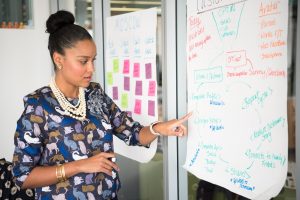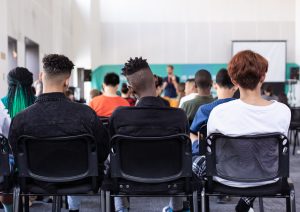Racial relations are part of our everyday experience but generally pass without reflection or analysis. Yet, in these daily encounters constructions of race and ethnicity, racialisation processes, are re-produced. We encouraged student reflection on these everyday experiences as a central component of their learning, using a reflective narrative as part of the assessment of process. Students were asked to watch one of three recent television programmes on issues relating to race and ethnicity (including ‘Small Axe: Red, White and Blue’, ‘The Unwanted: The Secret Windrush Files’, or BBC’s ‘Let’s Talk About Race) and reflect on them in 1500 word in an informed fashion based on the conceptual debates covered in the module. Students had covered concepts such as ‘race and ethnicity’, ‘migration and belonging’ and ‘white privilege’. They were freed from the constraints imposed by the traditional academic essay, which was considered too abstract and theoretical for the task.
Overall, the reflective narrative generated a mix of excitement and apprehension, and students produced some excellent work. Students responded very differently to the task, but many were able to creatively and imaginatively interweave excerpts from the programmes, personal reflections on their own experiences and conceptually-based analysis to provide genuinely insightful and compelling pieces of work.
Resources required:
- Time dedicated to building into existing modules.
- Pedagogy in the classroom.
- Engagement from staff.
Available evidence of impact:
- Student engagement.
- Shift of attitudes.
- Staff engagement and commitment across the institution.
- Comments experiences of this assessment method from two students who presented with us at a teaching conference in July 2022, as well as comments from mid-term module evaluations.
Links to available resources:
- Building Reflection on Everyday Racialisation
- Emily Lanham sample student assignment
- Isabelle Asghar-Williams sample student assignment
Implementation and potential challenges:
- Consider reflections and use as impact factor for recommending similar approach.
- Support in creative non-traditional approach to students assignments and assessment to match.
- Getting academics/students involved, engaged and onboard.
How to Use:
- Set students tasks to watch TV shows that consider the topic of race, and facilitate discussions around the content using theory and literature.
- Set informal formative or summative assignments, or other non-traditional forms of assessment, to ensure students feel comfortable.
- Assess impact of assignment change by canvassing students for feedback.




